Adventures in missing the point: why it is we try, fail, and don’t get better. Maybe from these failures, we should learn, grow, and try again differently
This is a piece depicting how clients can “miss the point”. Clients state their goals, wishes, or desired outcomes, but do not realize that reaching those goals requires consistent practice of smaller items. The idea that needs to be conveyed is that improvement is a practice and a process. It's not something you do twice a week, but something you do every day. A paradigm shift from goals being abstract to PRACTICE ORIENTED SKILLS is the catalyst for behavior change. Much of the inspiration for this comes from the book, Talent Code by Dan Coyle.
#1
Most people want clean teeth. There are positive health outcomes associated with that, and one is less likely to have a bad taste in their mouth, or worse, offend a significant other, co-worker, etc. One who values clean teeth brushes their teeth daily - maybe that person flosses and uses mouthwash too. Many people visit a dentist once or twice each year if they’re particularly dedicated. Why is the idea of “habit” to ensure clean teeth not applied to improving joint mobility, stability, endurance, strength, or power?
I can recall many conversations with athletes and clients sounding like this,
Client: “I want to lose fifty pounds and have more energy. I think I should start working out everyday.”
Me: “When was the last time you worked out?”
Client: “Last year.”
Me: “How many hours of sleep are you getting each night? Are you drinking water? Eating breakfast? Go for a walk daily?”
Client: “No, I don’t focus on any of those things.”
Me: “Maybe we could begin seeing results if we considered smaller bite sized goals, instead of looking up and losing our sight in a larger, long-term goal?”
Or,
Person: “I’ve been trying to get better at running for months!”
Me: “Yes...”
Person: “Yeah, I just can’t get better no matter how hard I try!”
Me: “What does that look like?”
Person: “I run once each week.”
When I sit down with an athlete or other client, there is an unspoken expectation from them that I will reveal an amazing training secret that will send their performance to that “next level”. That’s when I ask them if they brush their teeth. This question is influential because most understand that brushing their teeth with the intent to make their gums bleed is missing the point. A clean mouth is the result of light brushing, perhaps twice each day, seven days of the week.
One of the strongest influencers of my professional life and career is Dan John. I recite, in these conversations, his words, “If it is important, do it every day. If it’s not important, don’t do it all.”
There are simple things each of us can do each day to support our goals. Scratch your head, and ask, “What can I do every day?” That’s where I, as the coach, step in to point towards small, simple changes he or she can make. If it can be done daily, it will not cause their gums to bleed.
What could that be for you? Have you considered asking a professional coach for guidance?
The improvement of tooth and gum health is part of a sustainable, and habitual practice. In the two cases above, I sought out to show these individuals where to focus upon specific, small, and sustainable action items (or mini-goals) to perform daily. While this is an oversimplification of what types of conversation occurs most days of the week, it demonstrates a clear point: once the individual regards the habitual practice as part of the process, change begins. The “best” things one can do to upgrade their performance, as Dan John says, can be done daily.
#2
I have met with clients who share with me that he or she, “Knows what to do”. The truth of the matter is that most of us do not know what to do, not in any way.
We become what we do.
“Buy in” is something that we, as coaches, are constantly seeking from those we coach. A coach cannot create this magic without the client having a mind that is open to buying. However, as a coach, once the client’s mind is open to it, do not...do not disappoint. Otherwise, the client may still be thinking, “I know what to do.”
In the end, our facts will not always (seldom do they ever) defeat one’s opinion (as ridiculous as it may possibly be). As coaches, it would be better to provide instead a system, based on scientific principle and our experience. Using a system to shift one’s paradigm may yield a positive conversation which leads to a client wanting to give the coach the opportunity to work with them, and begin to build the trust that will undo their belief that they had already had “the answers”.
In a very short time, I help clients significantly upgrade basic movement patterns. Squatting, pulling, hinging, etc. With movement that was becoming more fluid, I thoughtfully increase the load upon these patterns.
“Buy in” is something that we, as coaches, seek from those we coach. A coach cannot create this magic without the client having a mind that is open to buying. However, as a coach, once the client’s mind is open to it, do not...must not disappoint. Otherwise, the client may still be thinking, “I know what to do.”


